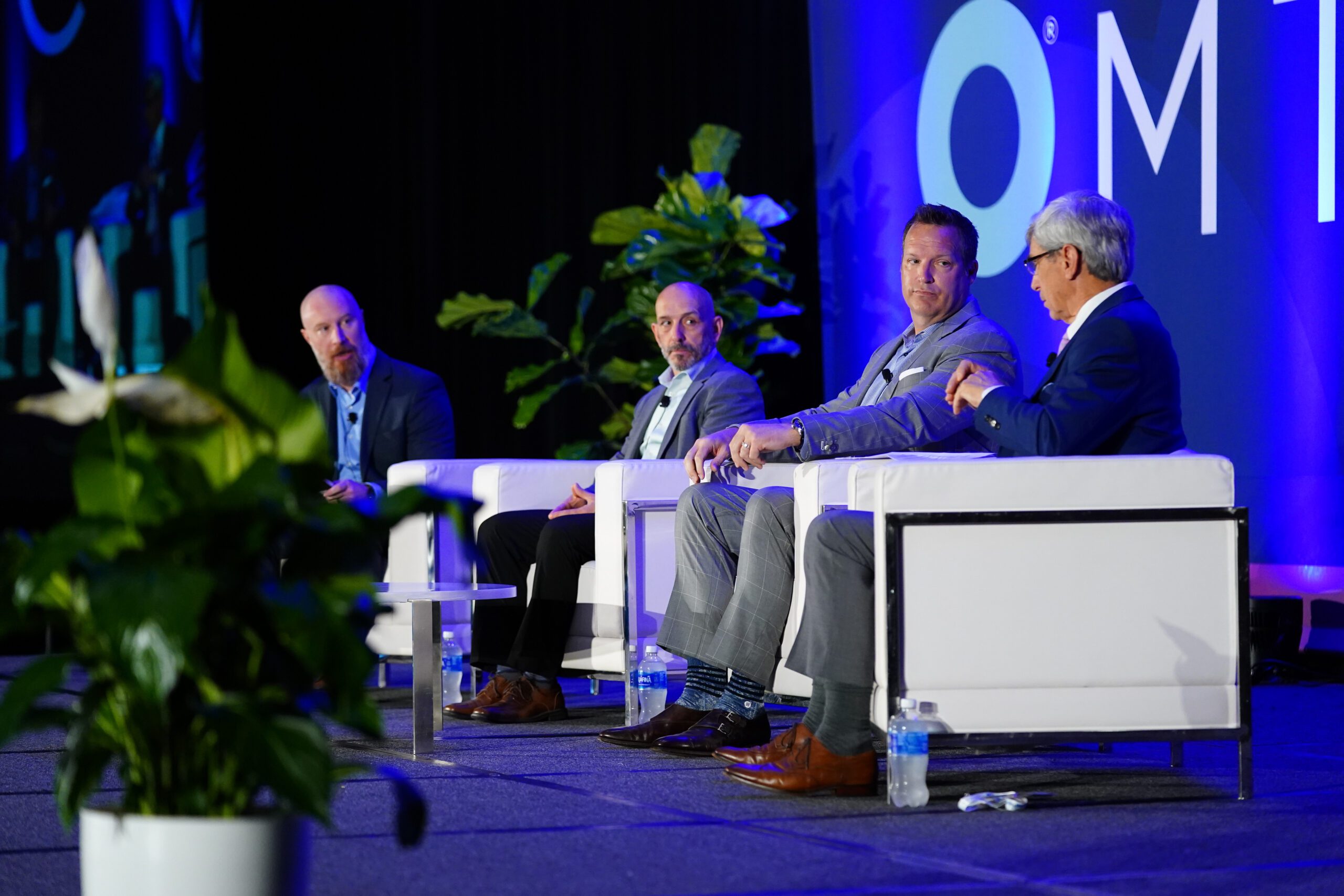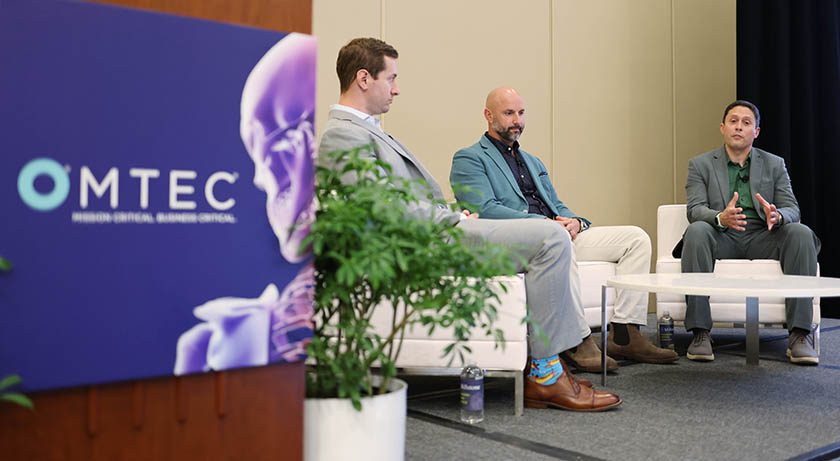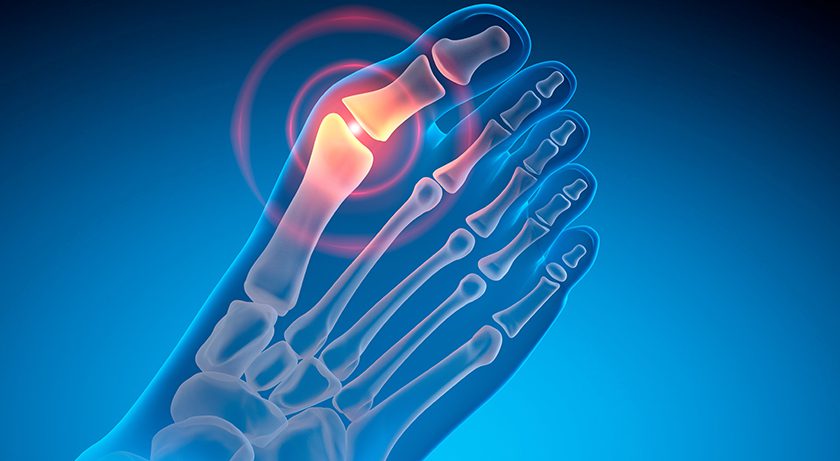

 Copy to clipboard
Copy to clipboard 
While autologous live cell therapies are not new, Royal Biologics is creating a unique value proposition through its growing ALC portfolio. With the company in the middle of a three-year growth that withstood the pandemic, we spoke to Royal Biologics CEO Salvatore Leo about the company’s technology, next steps and lessons learned during the pandemic.
Royal Biologics has been busy with product launches recently. What led you down the development path for your ALC Technology?
Mr. Leo: ALC is kind of our mantra. Autologous live cell is not a new concept. But for us, our portfolio is expanding to create a niche class and a novel class of ALC technologies that are a value proposition for hospital systems, GPOs, IDN networks. Our portfolio allows you to treat a whole host of different specialties, specifically using the patient’s own cells. So, we can do anything with the patient’s blood or platelets by using our Maxx PRP system. We can spin those platelets into a fibrin clot or membrane or graft extender using the FiberNet system. We can use the FiberNet system as well as a bone graft extender to treat wounds.
The ALC technology is an ever growing, expanding portfolio where the value proposition is, hey, Royal Biologics is a one-stop shop that can treat traditional orthopedic fusion, soft tissue injuries, wound care injuries using these line of products, the patient’s own cells.
We’re not a tissue bank needing to have an expensive supply chain of frozen products and things like that, so we have the ability to offer our technology—disposable devices—at a heavily discounted price from the rest of the industry. We don’t provide you the bone graft per se. We do have bone graft products, but this ALC portfolio takes disposable devices and creates the solutions from disposables versus traditional.
What are the next steps for Royal Biologics?
Mr. Leo: We have a pipeline of products that we’re developing. We have some more things coming out in the works, some more 510(k)s we’re submitting, some expanded indications into wound care as well. We believe we’re a small budding wound care company within a traditional orthobiologics, fusion-based solutions company. We’re in growth mode, putting out the technologies, getting the users and doing our own R&D to develop. The goal, is at some point someone’s going to look at this portfolio and want to buy it—roll us into their company or we’ll exit. We probably won’t go away; we’ll be plugged into the next chapter.
What has the impact of the pandemic been for the company? How recovered are your markets?
Mr. Leo: From an operation standpoint, we made everyone remote, which didn’t create a lot of disruption. It allowed us to focus more on different geographies than just the home base accounts. From a sales standpoint, we hit our goal last year. The second half of the year was pretty good, so we finished in line with what our forecast was and we’re exceeding our forecasts this year. We’ll probably exceed our forecast by 20% this year.
In terms of recovery, some hospitals have paused elective surgery over the past month and a half. Very few, just a couple cities where the COVID numbers got high and that’s mainly just because the hospitals don’t have enough beds to put people in. But for the most part, I think we’re out of this thing. We’re not seeing a lot of slow down and canceled procedures due to patients being infected or testing positive. I think all the hospitals, initially, struggled with developing protocols. Everyone has a protocol now. I mean, all of the healthcare systems require our team, our reps to be vaccinated.
There was a lot of pent-up demand for elective surgeries that we experienced. That’s why it got busy once everyone came back online. Things could get bad this fall into winter. We don’t know. We can’t really predict that, but it seems to be, as long as we have vaccination rates improving, I think we’ll be under control.
What lesson did you learn leading Royal Biologics through COVID that you’d want to pass on to other leaders?
Mr. Leo: Focus on the resources that you have internally. Your people are your best internal resource, the people who work for you. Be conscious of everyone’s own personal situation, if possible, and keep your team together because ultimately everyone’s in the same boat, we’re all here for the same reason. I think relying on your internal resources can help you get through things and obviously a lot of people in different companies, in different situations were either furloughed or took pay cuts or basically had to make sacrifices during the last year and a half.
You need to be cognizant of the team behind you, what sacrifices people are making so you, as a leader, as a CEO or as an executive, can continue to deliver on the objectives. Count on your squad and focus on trying to stay mended as a team to push forward and to work together through challenges.
Mike Evers is ORTHOWORLD’s Digital Content Strategist.
While autologous live cell therapies are not new, Royal Biologics is creating a unique value proposition through its growing ALC portfolio. With the company in the middle of a three-year growth that withstood the pandemic, we spoke to Royal Biologics CEO Salvatore Leo about the company’s technology, next steps and lessons learned during the...
While autologous live cell therapies are not new, Royal Biologics is creating a unique value proposition through its growing ALC portfolio. With the company in the middle of a three-year growth that withstood the pandemic, we spoke to Royal Biologics CEO Salvatore Leo about the company’s technology, next steps and lessons learned during the pandemic.
Royal Biologics has been busy with product launches recently. What led you down the development path for your ALC Technology?
Mr. Leo: ALC is kind of our mantra. Autologous live cell is not a new concept. But for us, our portfolio is expanding to create a niche class and a novel class of ALC technologies that are a value proposition for hospital systems, GPOs, IDN networks. Our portfolio allows you to treat a whole host of different specialties, specifically using the patient’s own cells. So, we can do anything with the patient’s blood or platelets by using our Maxx PRP system. We can spin those platelets into a fibrin clot or membrane or graft extender using the FiberNet system. We can use the FiberNet system as well as a bone graft extender to treat wounds.
The ALC technology is an ever growing, expanding portfolio where the value proposition is, hey, Royal Biologics is a one-stop shop that can treat traditional orthopedic fusion, soft tissue injuries, wound care injuries using these line of products, the patient’s own cells.
We’re not a tissue bank needing to have an expensive supply chain of frozen products and things like that, so we have the ability to offer our technology—disposable devices—at a heavily discounted price from the rest of the industry. We don’t provide you the bone graft per se. We do have bone graft products, but this ALC portfolio takes disposable devices and creates the solutions from disposables versus traditional.
What are the next steps for Royal Biologics?
Mr. Leo: We have a pipeline of products that we’re developing. We have some more things coming out in the works, some more 510(k)s we’re submitting, some expanded indications into wound care as well. We believe we’re a small budding wound care company within a traditional orthobiologics, fusion-based solutions company. We’re in growth mode, putting out the technologies, getting the users and doing our own R&D to develop. The goal, is at some point someone’s going to look at this portfolio and want to buy it—roll us into their company or we’ll exit. We probably won’t go away; we’ll be plugged into the next chapter.
What has the impact of the pandemic been for the company? How recovered are your markets?
Mr. Leo: From an operation standpoint, we made everyone remote, which didn’t create a lot of disruption. It allowed us to focus more on different geographies than just the home base accounts. From a sales standpoint, we hit our goal last year. The second half of the year was pretty good, so we finished in line with what our forecast was and we’re exceeding our forecasts this year. We’ll probably exceed our forecast by 20% this year.
In terms of recovery, some hospitals have paused elective surgery over the past month and a half. Very few, just a couple cities where the COVID numbers got high and that’s mainly just because the hospitals don’t have enough beds to put people in. But for the most part, I think we’re out of this thing. We’re not seeing a lot of slow down and canceled procedures due to patients being infected or testing positive. I think all the hospitals, initially, struggled with developing protocols. Everyone has a protocol now. I mean, all of the healthcare systems require our team, our reps to be vaccinated.
There was a lot of pent-up demand for elective surgeries that we experienced. That’s why it got busy once everyone came back online. Things could get bad this fall into winter. We don’t know. We can’t really predict that, but it seems to be, as long as we have vaccination rates improving, I think we’ll be under control.
What lesson did you learn leading Royal Biologics through COVID that you’d want to pass on to other leaders?
Mr. Leo: Focus on the resources that you have internally. Your people are your best internal resource, the people who work for you. Be conscious of everyone’s own personal situation, if possible, and keep your team together because ultimately everyone’s in the same boat, we’re all here for the same reason. I think relying on your internal resources can help you get through things and obviously a lot of people in different companies, in different situations were either furloughed or took pay cuts or basically had to make sacrifices during the last year and a half.
You need to be cognizant of the team behind you, what sacrifices people are making so you, as a leader, as a CEO or as an executive, can continue to deliver on the objectives. Count on your squad and focus on trying to stay mended as a team to push forward and to work together through challenges.
Mike Evers is ORTHOWORLD’s Digital Content Strategist.

You are out of free articles for this month
Subscribe as a Guest for $0 and unlock a total of 5 articles per month.
You are out of five articles for this month
Subscribe as an Executive Member for access to unlimited articles, THE ORTHOPAEDIC INDUSTRY ANNUAL REPORT and more.
ME
Mike Evers is a Senior Market Analyst and writer with over 15 years of experience in the medical industry, spanning cardiac rhythm management, ER coding and billing, and orthopedics. He joined ORTHOWORLD in 2018, where he provides market analysis and editorial coverage.







